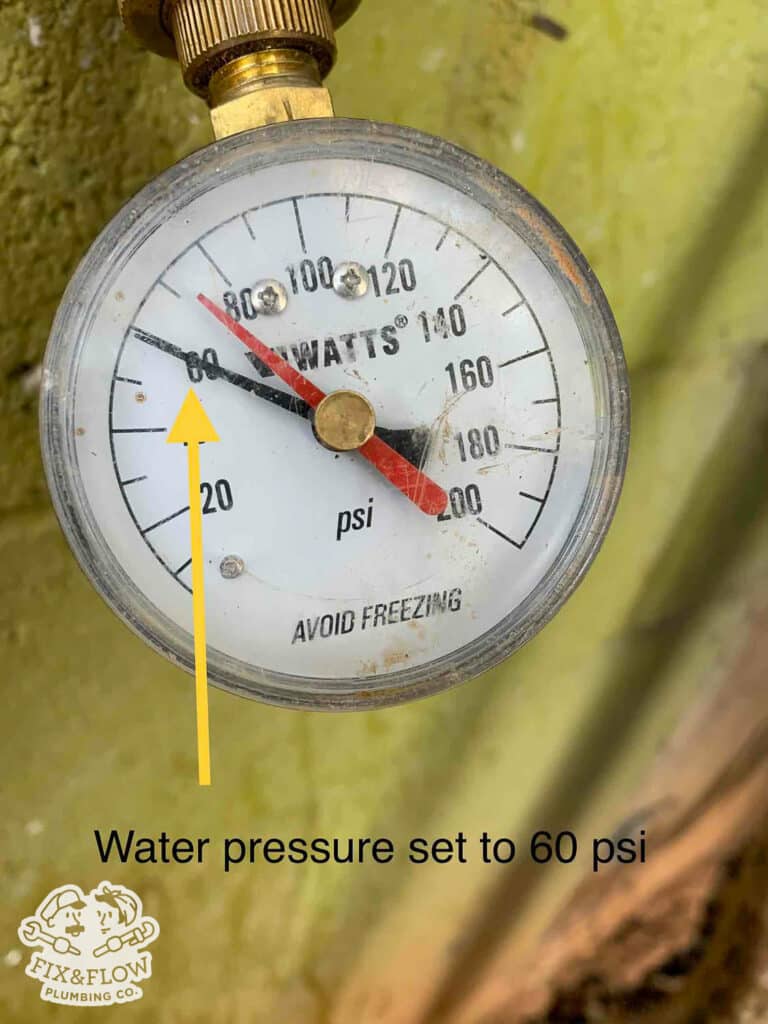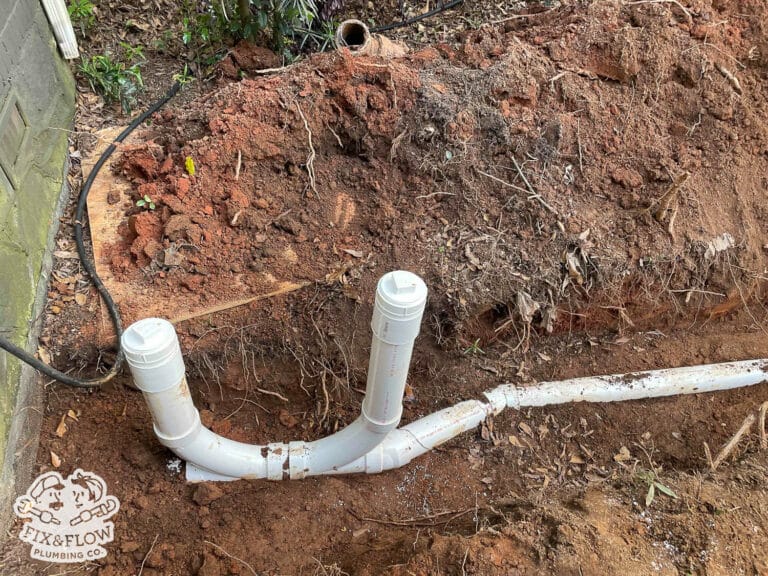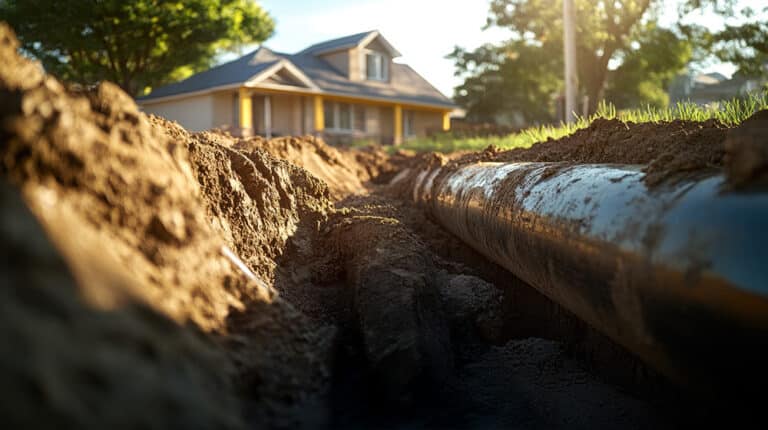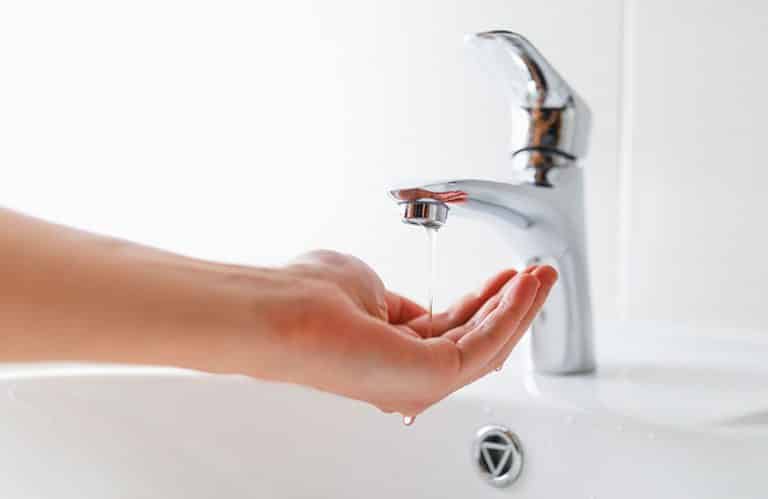
Atlanta Plumbing
What Causes Low Water Pressure in Faucets
Few things are as frustrating as turning on the tap and getting a weak trickle instead of a steady stream. Low water pressure in faucets

Few things are as frustrating as turning on the tap and getting a weak trickle instead of a steady stream. Low water pressure in faucets
Nothing slows down your morning routine like low water pressure from your shower or faucets. Low water pressure is a common problem for Atlanta homeowners,

Sewer line clogs are one of those frustrating problems every homeowner wants to avoid. When your sewer line gets backed up, it can lead to

Summer in Atlanta means lush greenery, pop-up storms, and long days outside. But beneath the surface, all that seasonal activity can be tough on your

Most of us know the frustration that comes when home water pressure problems interrupt our routines, whether we’re starting our day with a shower, doing